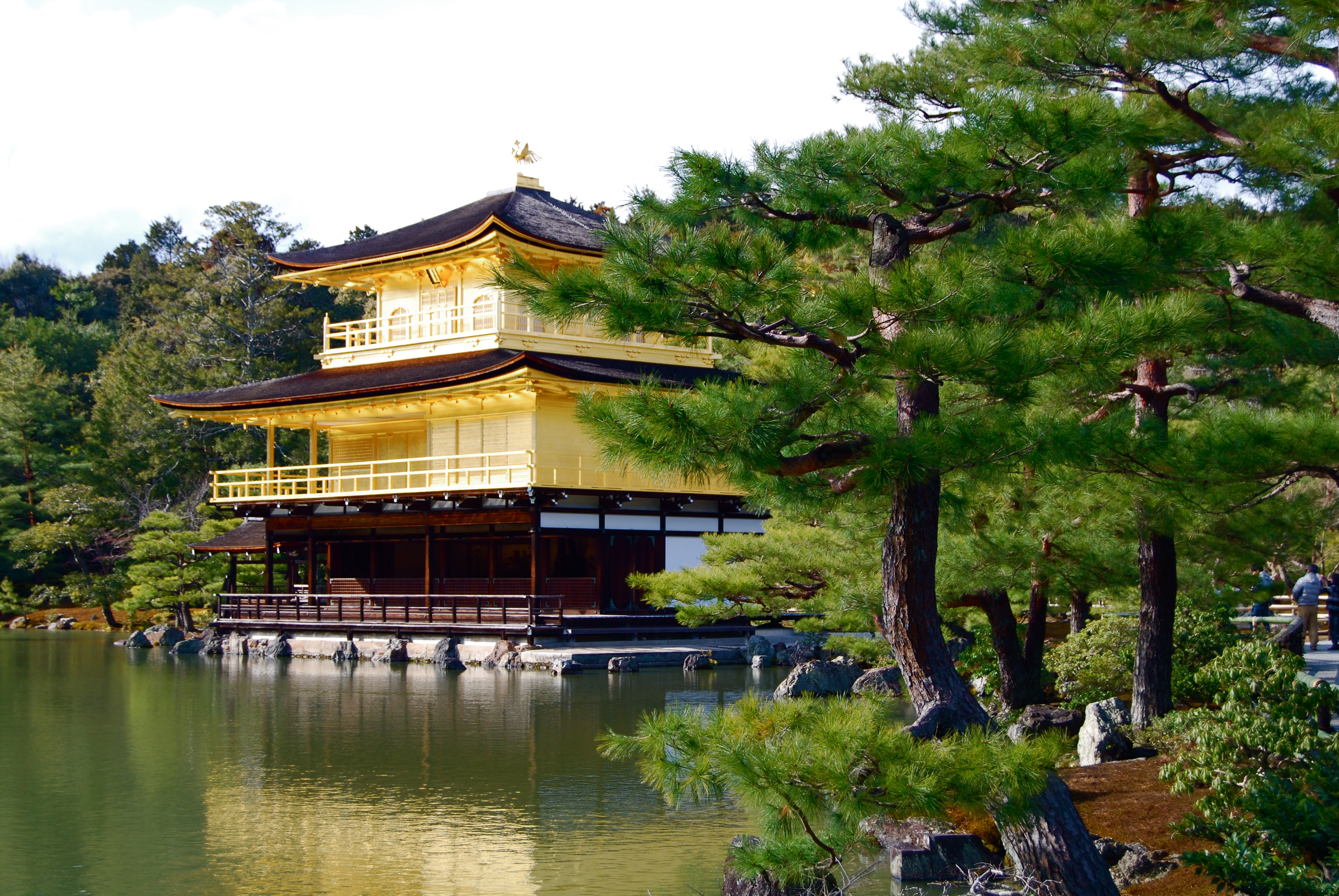Prudent business principles have guided the Ippodo Tea Company throughout its amazing 1,500 year history, as we detail in our new book, Common Sense Business: Principles for Profitable Leadership.
Ippodo’s DNA includes an extraordinary sensitivity to its environment, both as to the culture in which it functions and the local ecosystem.
The Kyoto-based company strives to remain in harmony with the world around them.
Despite its 1,500 year history, Ippodo isn’t the oldest company in Japan—that’s a temple builder named Kongo Gumi, which was found in the year 578. Still, as might be imagined, Ippodo has many lessons to teach about sustainability.
Anyone who has experienced a Japanese tea ceremony (chanoyu in Japanese, which translates as “hot water”) realizes how seriously the Japanese take their tea. The revered beverage came to Japan from China many centuries ago, along with Zen Buddhist philosophy.
A traditional tea ceremony can take several hours. It’s meant to be a time of reflection on the importance of harmony respect, and purity, and lead to a deep sense of tranquility.
Likewise, the way in which Ippodo operates embraces these same values. They are central to what has sustained Ippodo as a business over the centuries.
We speak of “sustainability” today in terms of a wise use of resources, especially energy. The Ippodo Tea Company shows that this is hardly a new idea and that true sustainability involves more than just the wise use of resources.
The small town of Uji is at the heart of Ippodo’s tea business. It is located between Kyoto and the ancient capital of Nara, about 230 miles southwest of Tokyo. The tea here grows in the natural contours of the hills and valleys in straight, tightly trimmed rows that look more like ornamental hedges than bushes.
 A co-operative called Nagata that sources its teas to the Ippodo Company runs the small, manicured plantations. Rejecting chemical spraying completely, they do not use animal manures, chemical fertilizers, herbicides, or any pesticides. They use vegetable-quality compost. They keep to nature and stress the importance of building and keeping the soil’s vitality.
A co-operative called Nagata that sources its teas to the Ippodo Company runs the small, manicured plantations. Rejecting chemical spraying completely, they do not use animal manures, chemical fertilizers, herbicides, or any pesticides. They use vegetable-quality compost. They keep to nature and stress the importance of building and keeping the soil’s vitality.
Their plants suffer less blight and mold and typically produce tea leaves for over forty years, and some as long as one hundred years. This is easily twice as long as other tea producers who treat with chemicals.
The tea from Ippodo doesn’t come cheap and there are no shortcuts. The range of teas at Ippodo includes sencha, known for its balance between sweetness and sharpness; bancha, an everyday casual tea with low caffeine; and matcha, the classic powdered green tea that is whisked into its pea-green color by infusion.
We were able to meet the owners and manager of Ippodo, who shared their story and common sense, long-term business philosophy.
Besides being eco-friendly, Ippodo maintains itself through continually creating a strong sense of identity through community. Every employee recognizes and values belonging to something very old and dear.
Strong employee links generate this sense of community. Generation after generation comes from the same families to work at Ippodo. Managers are chosen from within the company. As stewards of a tradition, they grasp the part they play in a long—in this case, very long—chain.
The company’s tremendous sense of tradition has not resulted, however, in a centralized command-and-control authoritarian management structure. Decision making as to he various processes involved in the work are quite decentralized. Management remains open to decentralization while maintaining total quality control. The company is always investigating new possibilities.
Finally, Ippodo is highly conservative about finance.
“Frugal” would be the operative word, with little risk taking. As old fashioned as you can be, the company believes large cash reserves give them flexibility and independence of action.
They value being free to do what is prudent for their business without outside interference. And they don’t get too caught up in financial reports. They say figures describe the past, and they are constantly looking to the future.
As a privately held enterprise, with no worry about ROI for shareholders, profitability is gauged over the long term. The company actually confessed to having a 150-year strategic plan! Ha! They definitely plan to stay in business!
For hundreds and hundreds of years the Ippodo Tea Company has managed to change and adapt without compromising its cherished core ideals. Its prudent focus on the long run—the really long run—makes it a model of sustainability for global business.
This article has been adapted from Ted Malloch and Whitney MacMillan’s forthcoming book, Common Sense Business.












